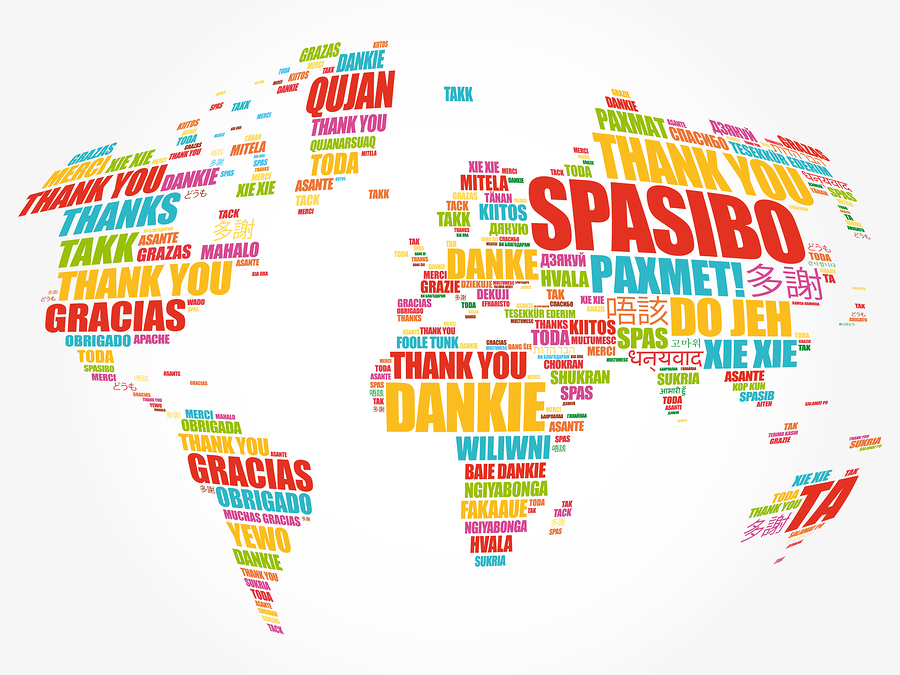Currently, as of 2017, there are an estimated 6,000 languages spoken throughout the world. One wonders out of all these languages and dialects that there really are enough speakers of them. Seemingly there are, despite the fact that every year it has been recorded that 3-5 languages and dialects disappear functionally.
Of course, as well as those that are disappearing there are some that are emerging, which aren’t necessarily specific to any particular culture. These are the international language symbols like ‘Emoji’. This sort of concept sweeps aside language barriers and creates a sign language that just about everyone can understand. However much we would like language barriers broken down in this way it’s a very slow process. Dialects, at least, are very specific to areas and smaller communities like villages. Their existence is so culture embedded that a universal communication concept through symbolic language like emojis would take decades to be accepted.
What’s a dialect?
A dialect, sometimes called a patois, a word which is derived from Arabic, is a kind of official language that is dedicated to a particular social group or region in a particular country. The English language is no exception as it is spoken in more than 100 different ways throughout the world. There is Jamaican English, Bermudian English and Maori English which can’t always be easily understand by people outside the specific languages and dialects group.
France has many different dialects too which are in part related to the country which it shares its borders with. One dialect is Franco-Germanic of Alsace which is spoken by 1.4 percent of those living in France which amounts to 548,000 speakers. It’s used more often by the older generation.
Spain is well known for its languages and dialects. Castilian is the official language while Galician, Catalan and Basque are spoken in their respective regions in the country. There are also dialects which Murcian, and Extremaduran.
Sometimes dialects need official translations because the people who speak them despite being small in number like ‘Taa’ which only has 2,600 speakers predominantly in Namibia and Botswana may not understand how to access vital services if they don’t get important information translated into their language.




